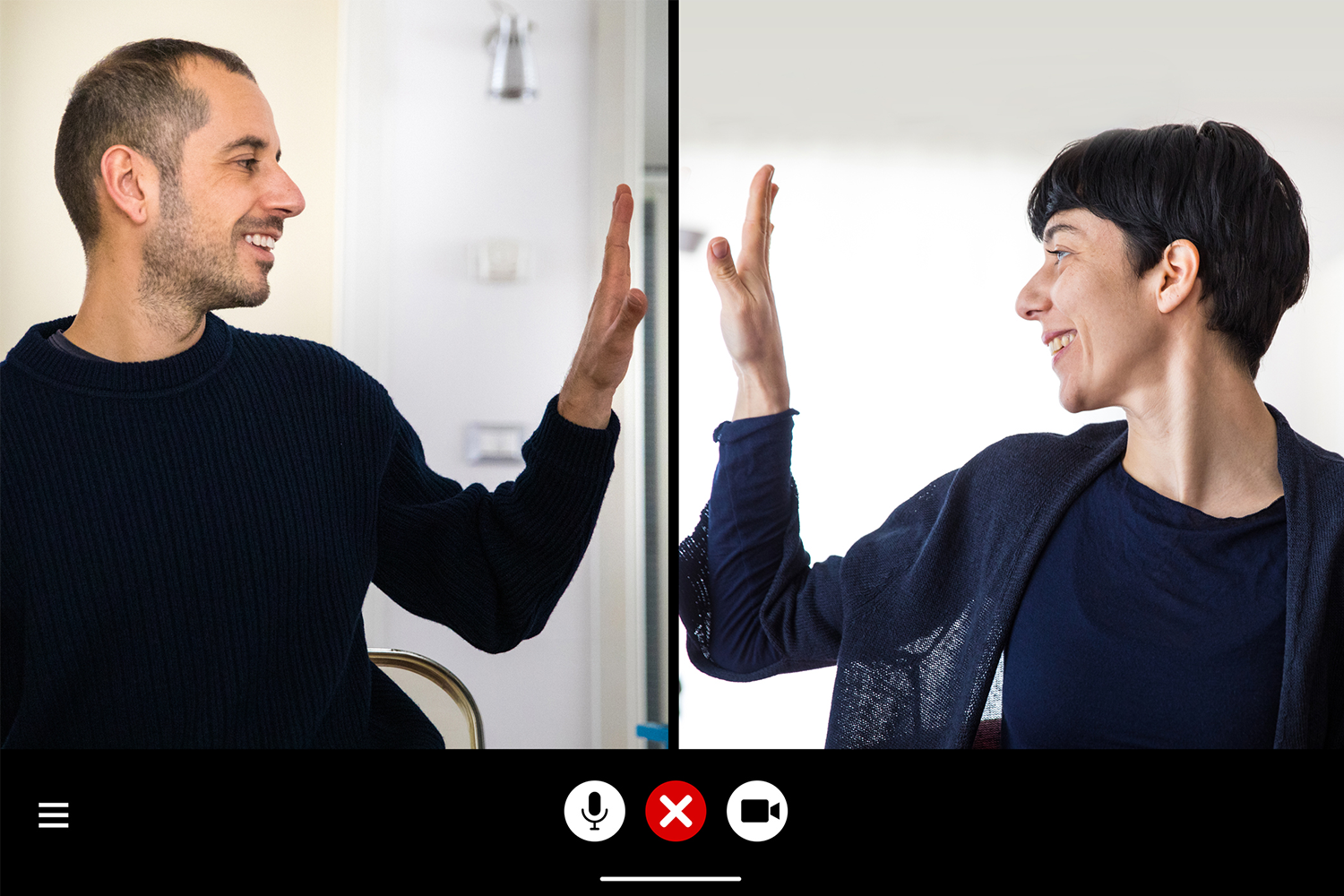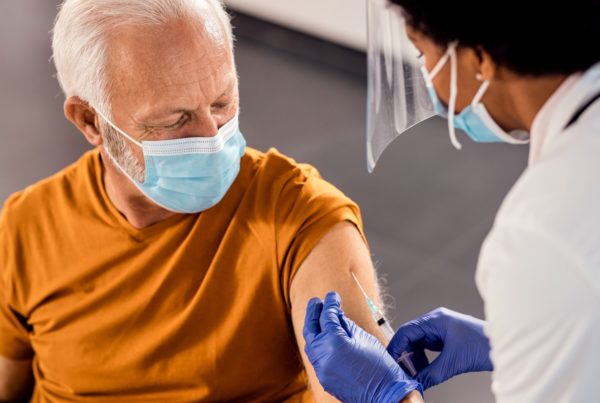
This article is one of the many resources offered within our Health Navigation Platform, giving your members access to credible health information. In it, Chief Medical Officer Dr. Michael Szabo discusses why we need to continue our physical distancing efforts.
________________________________________________________________________________________________________
In Canada, our efforts to flatten the curve are going well. Thankfully, we haven’t seen the same surge of cases that hit New York City, Italy, and Spain. Don’t get me wrong, those of us on the front lines here have seen a lot of cases, but so far, our health care system hasn’t been overwhelmed.
While our good fortune has much to do with our heeding of public health guidelines, collective uptake of physical distancing rules and staying home as much as possible, I am still a little worried. There is something about our human nature that concerns me.
Invisible, Yet Very Concrete Results
At times, public health strategies can become the victims of their own success. Vaccines are a great example. The incidence of diseases that were once part and parcel of everyday life has been greatly reduced, and in some cases, eradicated completely with the advent of vaccination. As we don’t see these diseases much anymore, we don’t learn to fully appreciate their potential severity.
With time, we begin to think that the diseases are nothing to worry about. Some may begin to think that it would be acceptable, and perhaps even beneficial, to get these diseases naturally in order to build “natural immunity”, which can sometimes be more robust and lifelong. With time, some people begin to fear vaccinations themselves, focusing on the associated tiny risks, rather than the risks of contracting the diseases they prevent.
This loss of perspective plays a large part of the anti-vaccine movement.
The War Is Yet to Be Won
We must stay the course right now.
Physical distancing has reduced the impact of the infection we are seeing in Canada, but this does not mean that we can breathe a sigh of relief and head back to a normal life anytime soon. Our success with public health measures should only harden our resolve to keep it up even more.
We need to look at hugely impacted areas of the world for a harsh reminder of the truth as to what this virus can do – a good place to start is hearing stories from front line emergency doctors and nurses in New York City. There is a good reason why doctors and nurses who treat critical illnesses on the front lines believe whole-heartedly in public health measures like vaccines and physical distancing. It is because we are immersed in the reality of what can happen in life and we never lose that perspective.
Not an Unnecessary Measure
The outcome we have seen is a result of the actions we have taken thus far—let’s not forget that. If a house were on fire, and the fire department were called to extinguish it, would we then argue that the fire department was not needed after the fire was put out? Or similarly, if someone with a serious blood infection were admitted to intensive care and put on intravenous antibiotics, would we look back and declare that the antibiotics were not needed because the patient has recovered?
We should all be proud of our collective efforts that have saved thousands of lives and eased the burden on our health care system. Success should breed more of the same and not be used to deny the seriousness of the situation.
With time and a better understanding of this virus, we will be able to slowly and safely return to a more normal life. One thing is for sure: we will get through this together!
About the Author
Dr. Michael Szabo is the Medical Director of Novus Health. He is an emergency physician at University Health Network in Toronto and a lecturer in the Department of Family and Community Medicine at the University of Toronto. Dr. Szabo has 25 years of experience providing front-line medical care. He has extensive experience with providing executive and concierge health care as well as expert medical second opinions.
For more valuable health information, visit our Ask the Expert page.



